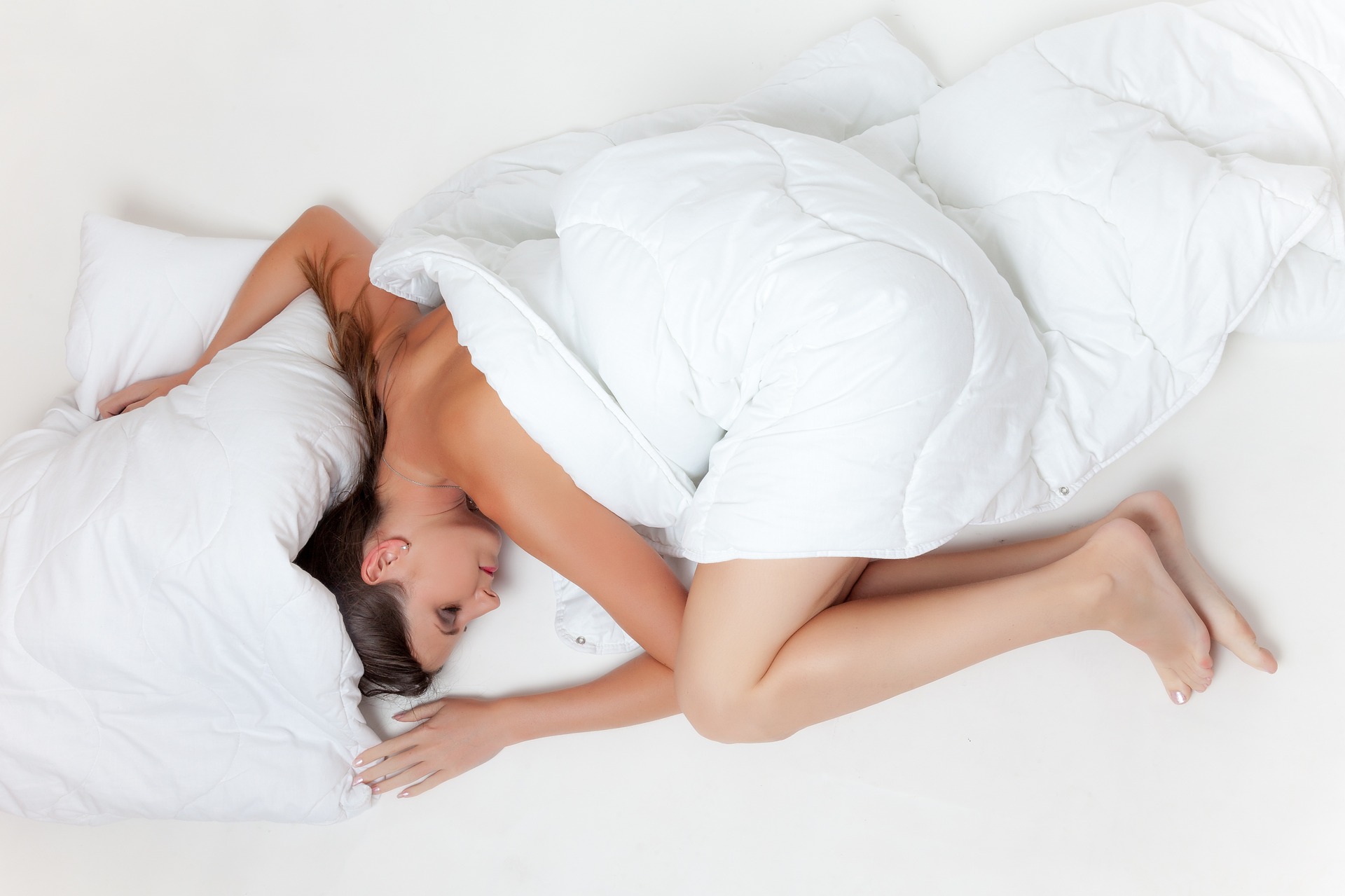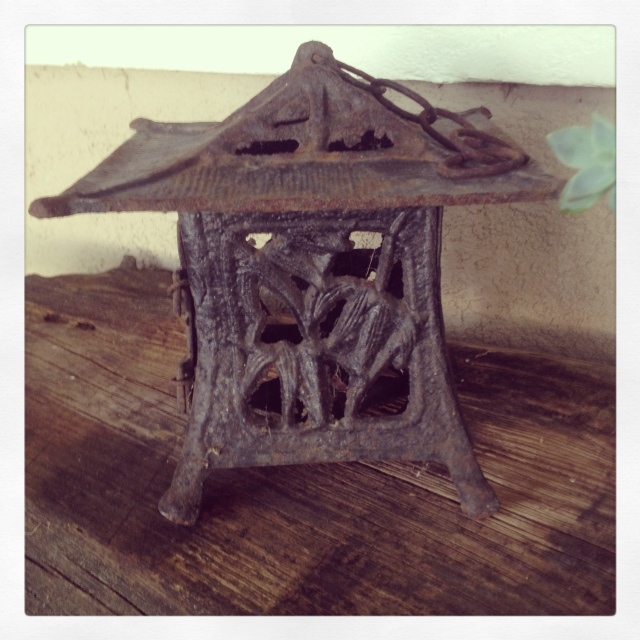
How Do I Know if I Have a Sleeping Disorder?
How Do I Know if I Have a Sleeping Disorder?
Life can be so full of change and stress from a number of causes that (especially if you are a parent) just about anything can trigger sleep loss. We all know how important sleep is to our overall health and how miserable life can be when you go without it. Lots of people have trouble sleeping. But, how can you tell if your problem is just a temporary imbalance, or if you have a more serious sleep disorder?
What is normal?
Losing sleep because you stayed up too late watching a movie, or were up all night with your sick child, or went to a holiday party with friends is normal. In most cases if you are tired, the feeling goes away in a day or two. Or, not being able to fall asleep because you are really worried about something, or nervous about an event is also understandable, and usually gets better after the event happens.
Cause and length of problem
Understanding the cause of your sleeplessness is the key to knowing if it is serious. If you can easily point to the cause, it’s probably not serious. If you have no idea why you can’t sleep, you might need to investigate. Another factor to consider is how long the sleeplessness goes on. Does it last just a few days, or does it continue to bother you for months at a time? Minor sleep problems tend to go away in the short term, while sleep disorders tend to hang on over time.

Insomnia
The most common type of sleep disorder is insomnia, and here are the symptoms:
- difficulty falling asleep or staying asleep if something wakes you up
- waking up frequently during the night and feeling tired the next morning
- feeling like you can’t get enough sleep without something to help, or taking a sleep aid.
Insomnia is usually related to a specific cause and can be taken care of with a few minor lifestyle changes like going to sleep at a regular time every night and avoiding caffeine. Doing things that help you relax can also alleviate the problem, such as getting a massage, or taking a hot bath, doing stretching exercises or yoga, or listening to soft music. You can also use things like sound therapy machines, which play nature sounds to help you unwind before going to bed.

Here are 3 other types of common sleep disorders that some people have:
1- Sleep apnea
- you wake up suddenly during the night because your breathing temporarily stops due to blockages in the upper airways
- loud and persistent snoring
- frequent pausing in breathing patterns
- gasping, snorting or choking during sleep
- waking up with a dry throat or headaches and irritability
Sleep apnea can make people feel exhausted and irritable during the day. It can be treated successfully with the use of a special mask that allows the air to flow easier. Weight loss, elevating the head of the bed and side sleeping can help relieve minor sleep apnea.
2- Restless legs syndrome:
- When you are lying down, you feel an irresistible urge to move your legs (or arms) around, because of a tingly, itchy or aching sensation.
- you feel discomfort at a deep level in your extremities
- the problem gets worse at night
- it seems to get better when you move, stretch, or massage your legs
- you may experience cramping or jerkiness in your legs

3- Narcolepsy:
This sleep disorder is signified by falling asleep suddenly during the day, which sometimes includes uncontrolled sleep “attacks” while in the middle of talking, working or driving. This is a serious condition caused by a type of brain dysfunction and here are the symptoms:
- sudden feelings of weakness or losing muscle control when you are emotional, such as happy or angry.
- dreaming instantly upon falling asleep, or having intensive dreams
- feeling paralyzed or unable to move upon waking up after dozing off
Sleeping problems are usually caused when your normal sleeping habits are interrupted for various reasons. Your body’s circadian rhythms are usually on a 24 hour regular cycle, which some people refer to as your body clock. For most people, their sleep cycle is triggered by daylight patterns. When it’s light, you usually wake up, and when it gets dark, you fall asleep.
Insomnia and other sleeping disorders can have a number of causes besides changes in your normal body rhythms. They can also be linked to underlying medical conditions, medications, or mental imbalances, such as depression, bipolar disorder or seasonal affective disorder.
The main thing to remember about sleep loss is if the situation doesn’t improve over time, and you are worried about it, you can always talk to your doctor to find out more. Sleep is important, so it’s a good idea to do what you need to do to take care of yourself, so you are in better shape to take care of the little ones who depend on you.
 Karen Bresnahan is a freelance journalist, photographer and artist from Boise, Idaho. She has a Bachelor’s degree in Communications and Photography from the University of Idaho and owns Idaho Naturals Photography and Desertscapes, KB Lifelines Positive Quotes, and Romantic Idaho Weddings. She enjoys writing about health and fitness, motivation, positive relationships, and parenting. You can contact her at idahokaren1111@gmail.com or on Twitter @idaho1111. See more of her writing at https://plus.google.com/u/2/+KarenBresnahan1111/posts
Karen Bresnahan is a freelance journalist, photographer and artist from Boise, Idaho. She has a Bachelor’s degree in Communications and Photography from the University of Idaho and owns Idaho Naturals Photography and Desertscapes, KB Lifelines Positive Quotes, and Romantic Idaho Weddings. She enjoys writing about health and fitness, motivation, positive relationships, and parenting. You can contact her at idahokaren1111@gmail.com or on Twitter @idaho1111. See more of her writing at https://plus.google.com/u/2/+KarenBresnahan1111/posts




